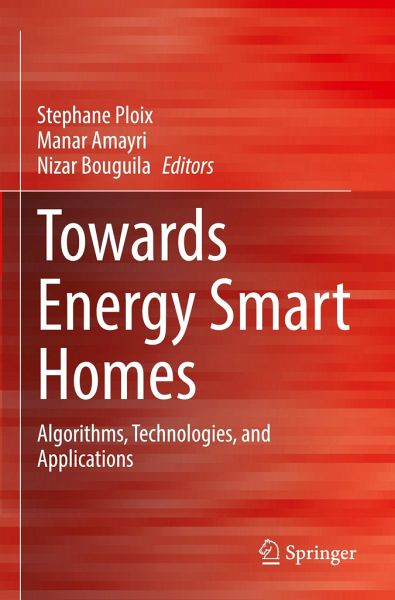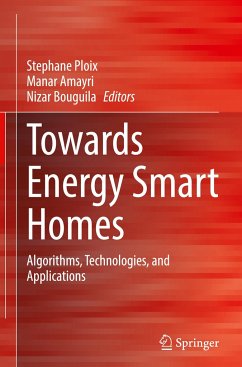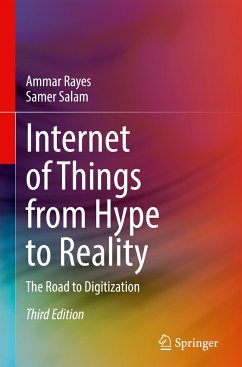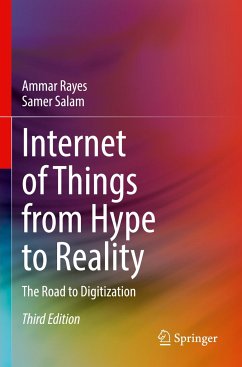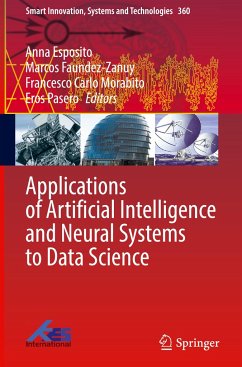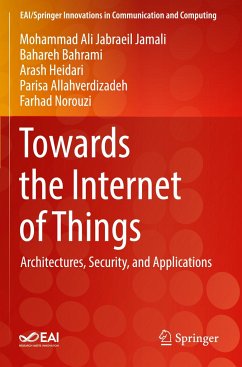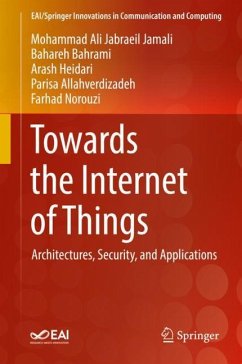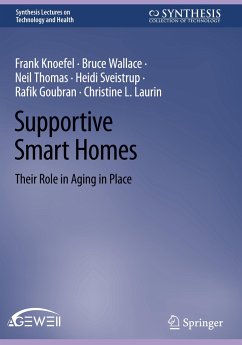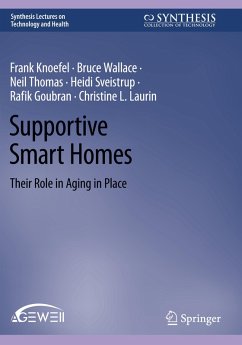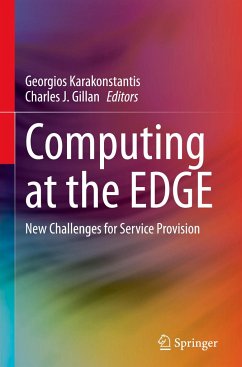Stéphane Ploix is a Professor at the Grenoble Institute of Technology in the Energy, Water and Environment department. After a Master of Technology in mechanics and electricity from a French "grande école[MOU1] " and a Master of Sciences in Control, he obtained in 1998 a Ph.D. from the Institute National Polytechnique de Lorraine in control engineering and signal processing. He became a full Professor in 2009. From the very beginning his researches set at the interface of engineering, control and computer sciences. He started by extending algorithms for diagnostic analysis coming from artificial intelligence community to different engineering area, including sensor networks for hydrology, water networks and photovoltaic farms. In 2006, he decided to redirect his researches in energy smart-building and to study how computers and control sciences could contribute to this new application area. His researches led to the development of the G-homeTech software for global anticipative model based energy management of buildings. In 2012, he was part of the team that won the Solar Decathlon Europe worldwide competition with the CANOPEA building equipped with the G-homeTech software. He is one of the founders of the Vesta-System company that markets applications for building energy management. Then, his interest turned to human-machine cooperation in building energy management: how to get the best from occupants and from smart systems thanks to cooperative mechanisms? He has been involved in various industrial projects with small and big companies and institutions such as EDF, CSTB, Orange, CEA, Schneider Electric and Engie. Manar AMAYRI is a researcher at CNRS in G-SCOP lab (Sciences pour la conception, l'Optimisation et la Production), her work as a postdoctoral fellow is part of a French national project on building performance mamed COMEPOS. This project focuses on ' Positive Energy ' detached houses. She's developing a toolto calculate usage indicators in different sites. She obtained her Ph.D. degree from Grenoble Institute of Technology in energy smart-buildings in 2017 and a master degree in smart grids and buildings, ENES3, INP-Grenoble (Institute National Polytechnique de Grenoble) in 2014, She has also a master degree in electrical power systems, Power department, Damascus University. and a Bachelor degree in power engineering from Damascus university, Syria. Her current research interests focus on developing interactive approaches based on machine learning algorithms applied to different smart buildings related tasks (e.g. occupancy estimation, activity recognition ,etc). Nizar BOUGUILA received the engineer degree from the University of Tunis, Tunis, Tunisia, in 2000, and the M.Sc. and Ph.D. degrees in computer science from Sherbrooke University, Sherbrooke, QC, Canada, in 2002 and 2006, respectively. He is currently a Professor with the Concordia Institute for Information Systems Engineering (CIISE) at Concordia University, Montreal, Quebec, Canada. His research interests include machine learning, data mining, computer vision, and pattern recognition applied to different real-life problems (e.g. Quality control, security, smart buildings, finance, etc). Prof. Bouguila received the best Ph.D Thesis Award in Engineering and Natural Sciences from Sherbrooke University in 2007. He was awarded the prestigious Prix d'excellence de l'association des doyens des etudes superieures au Quebec (best Ph.D Thesis Award in Engineering and Natural Sciences in Quebec), and was a runner-up for the prestigious NSERC doctoral prize. He is the author or co-author of more than 200 publications in several prestigious journals and conferences. He is a regular reviewer for many international journals and serving as associate editor for several journals such as Pattern Recognition journal. Dr. Bouguila is a licensed Professional Engineer registered in Ontario, and a Senior Member of the IEEE. He is the holder of Concodia University Research Chair.
